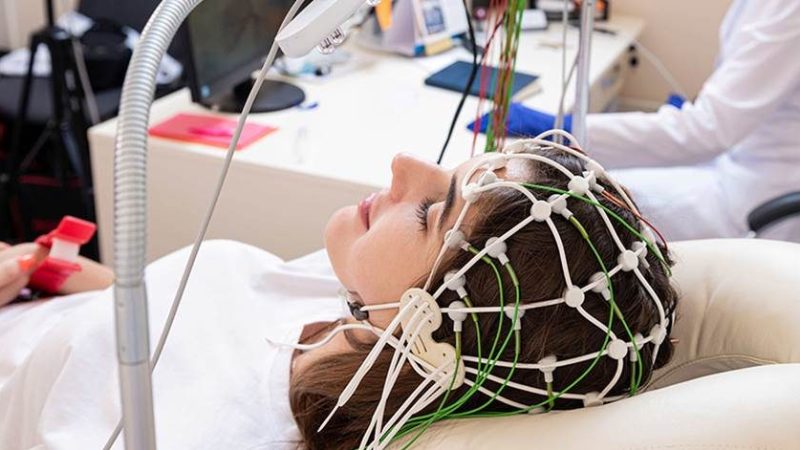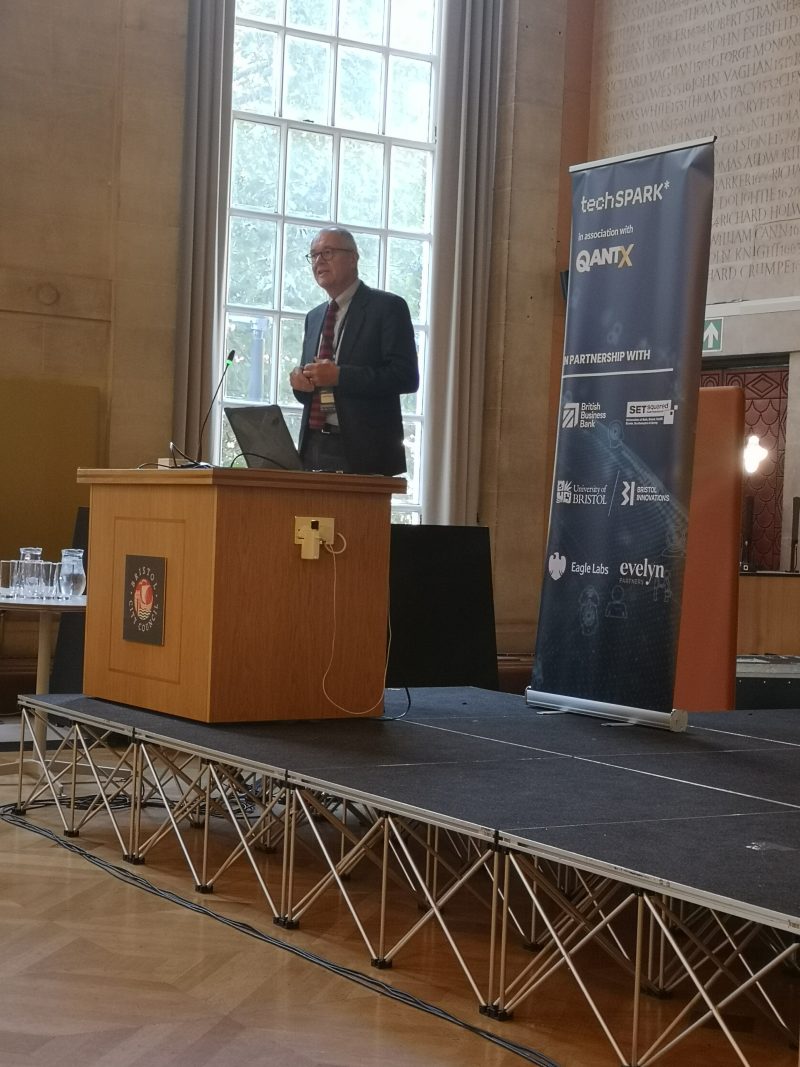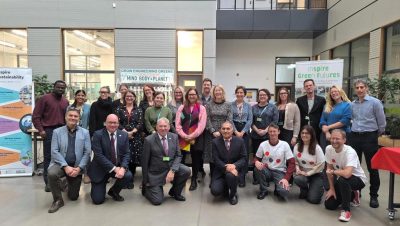
News / Research
Uni researchers win funding to turn brain-monitoring AI into ‘real world’ tool
A group of researchers at UWE Bristol have received national funding to help bring a groundbreaking brain-monitoring technology out of the lab and into hospitals.
Their project, MED-SHED, led by Dr David Western, is one of just 48 across the UK to win support from UK Research and Innovation (UKRI) through its Proof of Concept programme, which helps researchers turn scientific breakthroughs into “real world” solutions.
The UWE Bristol team has developed an advanced artificial intelligence (AI) tool that can interpret EEG (electroencephalography) scans, recordings of brain activity, with a level of accuracy matching, or even surpassing, that of trained human specialists.
is needed now More than ever
EEGs are crucial for diagnosing and monitoring conditions such as epilepsy, sleep disorders and brain injuries, but interpreting them requires rare and highly trained experts.
A shortage of such specialists has created serious delays and inconsistencies in patient care across the UK.
By training AI systems on huge datasets of brainwave patterns, the MED-SHED team has achieved state-of-the-art results that could help fill this workforce gap, offering faster and more consistent readings.
The next step is to test the technology on real NHS data and ensure it meets rigorous safety and ethical standards before it can be used in clinics.
The researchers are also exploring a social enterprise model, such as a Community Interest Company (CIC), to make sure the technology benefits patients and the public, rather than being driven solely by profit.
Dr Western said the project comes at a “critical time”.
He said: “This project is timely given the growing societal burden of neurological conditions, the documented interpreter shortage, the rapid advancements in AI and the increasing focus on responsible AI development and secure health data environments.
“By focusing on validation and establishing a trustworthy route to market, this project will de-risk the clinical translation of our innovative AI technology.”
If successful, MED-SHED could mean faster diagnoses, better treatment decisions, and improved outcomes for patients, particularly in critical care settings where every minute counts.

Science minister professor Patrick Valance lauded the AI breakthrough – photo: Milan Perera
Nationally, UKRI says projects like this show the UK’s strength in turning “bold research into practical impact,” supporting innovations that improve lives while growing the economy.
Science minister professor Patrick Vallance, who visited Bristol in 2024 for the Bristol Tech Festival (BTF) to announce a £300m funding vehicle for local tech start-ups, also lauded the breakthrough.
He said: “UK universities are renowned for world-class research, but we must do more to encourage and support the experts behind it to bring their discoveries to market – building companies, driving growth and helping to improve people’s lives.
“From simpler ways of diagnosing illnesses to AI tools plotting accessible routes, we are giving promising projects the early support that can help them get off the ground, benefitting us all and growing our economy.”
Main photo: UWE Bristol
Read next:
 Our newsletters emailed directly to you
Our newsletters emailed directly to you


















